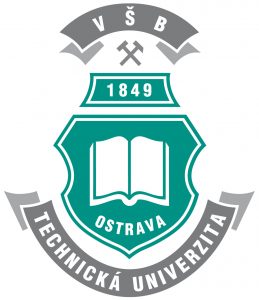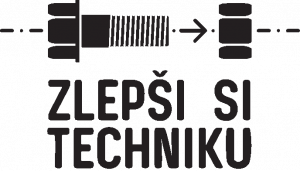Storing electricity into hydrogen
 Projects
Projects
During the day, the energy consumption is higher than at night. Its production on very sunny or windy days is so high that energy cannot be consumed immediately. Fluctuations in production and consumption of electricity makes life more complicated not only for the operators of transmission and distribution systems. The easiest solution would be to convert surplus electricity to an element that could easily be stored and if required, energy could be regained from it and used. In this context, hydrogen has been considered for a long time.
Hydrogen as an “energy carrier” would be used not only to store surplus electricity from the network and renewable energy sources, but also as an alternative fuel to power vehicles or instead of batteries or accumulators in portable electronics, etc.
VŠB – Technical University of Ostrava tests the possibilities of producing hydrogen from renewable or alternative sources. Hydrogen is ecologically a completely neutral energy carrier, fully recyclable, which means that it can be used repeatedly. Hydrogen can be produced easily by electrolysis of water, and it can be easily stored in tanks on a long-term basis. And if the electric power is needed again, hydrogen will be converted back into electricity.
Obviously, it is not so simple. There is a long journey from testing to use in practice and eventually in everyday life. Scientists and engineers must develop new components, active elements, and new types of links with energy resources. It will be followed by long testing and creating rules that ensure optimal use and, above all, safe operation. Hydrogen units, as well as renewable energy sources, can best be applied in so-called decentralized intelligent energy networks. This ideally means that each residence has its own source of energy or storage device, and it is self-contained irrespective of the connection to the power plant. This energy will relieve the overloaded centralized network which conducts electrical energy from power plants to consumers. For now, this solution is very expensive, but given recent developments, in the several tens of years, our lights may be powered by electrical energy obtained from hydrogen.
Energy Units for Utilization of Non Traditional Energy Sources (ENET), VŠB – Technical University of Ostrava




